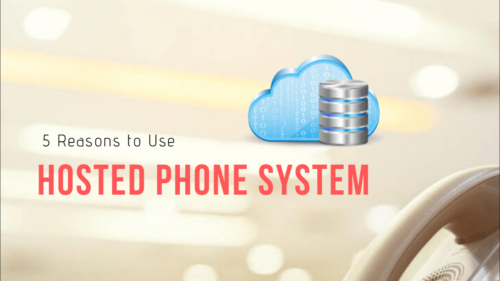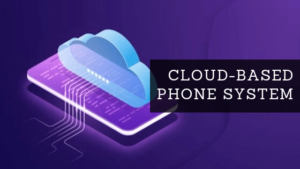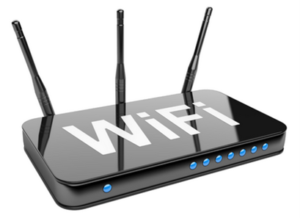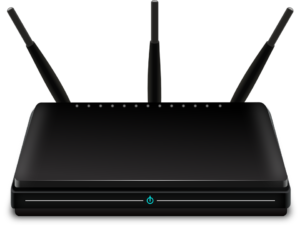Over the last ten years, companies have increasingly embraced forms of communication that do not involve the desktop telephone. At many businesses, emailing, texting, and Skyping have eliminated the need to dial up a phone number.
Most businesses today use a hosted phone system and take their level of telecommunication to the next level and may enjoy substantial potential cost savings. With cloud-based phone services along with advanced phone systems, you’re sure to see increased improvement within your company’s communication, productivity, and efficiency.
Hosted Phone System, But Why?
A hosted PBX provider who can exceed your expectations to get reliable service would also be ready from every kind of backups to get your business up and running 24/7. The cloud phone providers have spent in a redundant infrastructure to protect against natural disasters or failures in data center power or cooling equipment.
Primarily, you don’t have to purchase any physical equipment. Also, there are no setup costs for maintenance and administrative fees or users. The service agreement covers repairs and you no longer need to pay for expensive office premises charges to present a professional image to clients because systems might be utilized giving you the impression of a more prominent company.
The Benefits of Hosted Networks
If your customers like to speak to you on the phone (many folks consider talking to a live person to be the maximum form of customer service), then your company should think about buying a hosted mobile system.
The way the business communicates from within may differ from how it interacts with clients. Although a potential customer may love to talk latter to the phone to hear a voice because he could be persuasive about the telephone call, then he can participate in an Internet chat session, another person would likely like the potential customer to use the telephone, too.
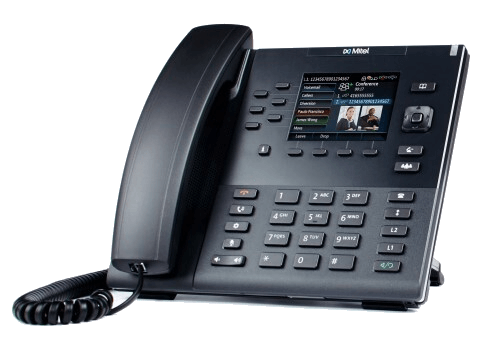
Unlike a legacy telephone system, which can be owned and maintained in house, a hosted phone system for company phone numbers provides the following perks, among others.
1. Low Upfront Cost
Contrary to a heritage system, a hosted network cost just upfront. That’s as you don’t buy the hardware. Instead, you pay a monthly support fee dependent on the type of equipment that you select and the characteristics of this system.
Since hardware depreciates, leasing it makes more fiscal sense than purchasing it outright. Also, you may not incur costs to move the phone system. In the event, you move locations. Your business enjoys the flexibility of having the ability to diminish or to increase capacity at any point.
2. No Maintenance Fees
Since you don’t have the hardware, then you won’t pay to maintain it. If a telephone has to be replaced or repaired, the service provider manages the issue free of charge. Throughout its life span, a legacy network can require thousands of dollars in maintenance fees. But you can save our money if you use a hosted phone system.
3. Features, Service, and Support
A hosted phone system for cell phone numbers offer features that a traditional system doesn’t, including:
- 24-hour customer service
- Call waiting
- Caller ID
- Voicemail to email transport
- Call tracking
- Contacts directories.
Unlike legacy networks, hosted phones are packed with advanced features and get frequent upgrades that improve their value to the client.

Businesses that choose a system to appreciate a range of features. Get tracking and supervision, in addition to 24/7 support for many users of the system. Moreover, electricity outages shouldn’t affect your connectivity, yet as your phone support provider will have backup capacity available.
4. No Dropped Calls
Telephone networks drop calls for two reasons: service disruption that occurs during the telephone and glancing out ingestion capacity when the phone enters the system.
If your company experiences dropped calls for either purpose, choosing a VoIP hosted phone system for your business can help. Users of VoIP systems report fewer dropped calls compared to consumers of legacy phone systems, and providers of hosted systems may include an endless amount of lines from the service strategy to reduce intake capacity difficulties.
5. Mobility (Remote Connectivity)
If your organization has a long-distance calling plan, wouldn’t it be helpful to utilize it if you travel on business, or spend a day working from home?
When you have a VoIP phone system, you may use it to make calls by accessing the network from your notebook, clever pad, or another type of Internet terminal.
At a time when businesses are getting to be more and more mobile, acquiring a phone system that lets you make calls while on the move is just smart and sensible.
6. Great reliability
The right hosted phone provider is very likely to offer superior reliability and business continuity benefits compared to this public switched telephone system (PSTN).
Whereas, VoIP technology has matured and evolved significantly into a supply of business voice calling. While VoIP depends on an Internet connection, these threats can be managed by adopting the Internet and procuring bandwidth. Hosted voice systems may provide an edge to hosted systems with automatic fail over.
Conclusion:
If you have the same business phone systems in place for years, chances are it doesn’t provide a lot of features that new VoIP hosted systems have today, such as voicemail to email transfer, auto attendants, and call monitoring. What’s more, your vendor implements hardware and software upgrades automatically at no cost to your company.
Now it’s possible to put up the device to accompany you around that it is pre-programmed to transfer calls to your cellphone when you are out and about.
Today, your company may own its current phone network, but when the grid fails to offer the capabilities you need, what next? So, keeping it in some other place will cost less to your company and provides increased efficiency, as well as system maintenance expenses, are significantly reduced.

